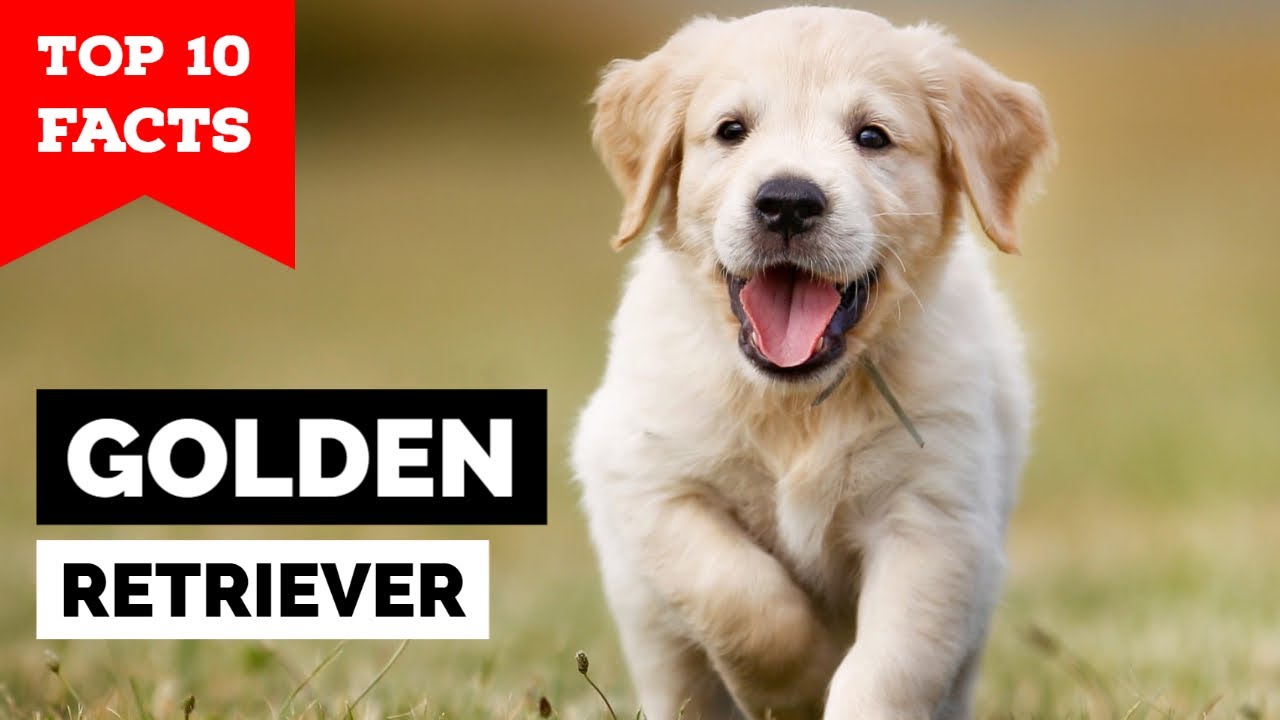Introduction
Golden Retrievers are very friendly dogs and are one of the most popular breeds in the United States. They love being around people and need things to do to stay happy and healthy. Enrichment activities are important for Golden Retrievers because they are smart and active dogs that need challenges to keep them from getting bored and causing problems.
What is Enrichment?
Enrichment means giving dogs things to do that make them think and move around. It keeps them happy and content. Enrichment activities can be puzzles, toys that make them work for treats, games that make them use their sense of smell, training activities, and taking them on outdoor adventures.
Why is Enrichment Important for Golden Retrievers?
Golden Retrievers are intelligent and active dogs that need mental and physical activities to stay happy. Without things to do, they can become sad or do things like bark too much, chew on things, or dig in the yard. Enrichment activities help keep Golden Retrievers happy and healthy by giving them things to do.
Enrichment Ideas for Golden Retrievers
Here are some ideas for activities to keep your Golden Retriever happy:
1. Give your dog toys that make them think to get treats.
2. Play hiding games where your dog has to find treats or toys using their nose.
3. Make a fun obstacle course for your dog to run through.
4. Take your dog on walks or hikes to explore new places.
5. Teach your dog new tricks to keep their brain sharp.
6. Introduce your dog to new people and animals to keep them social.
FAQs
Q: How often should I provide enrichment activities for my Golden Retriever?
A: It’s important to give your Golden Retriever things to do every day to keep them happy and busy.
Q: What are the benefits of enrichment for Golden Retrievers?
A: Enrichment activities keep Golden Retrievers feeling good, healthy, and happy. They also help prevent bad behavior.
Q: Can I use food as a reward for enrichment activities?
A: Yes, using treats as a reward is a good way to keep your Golden Retriever interested in activities. Just make sure they don’t eat too much.
References
1. Dodman, Nicholas. “Puppy Preschool.” Bantam Books, 2001.
2. Overall, Karen L. “Clinical Behavior Medicine for Small Animals.” Mosby, 1997.
3. Landsberg, Gary M., et al. “Handbook of Behavior Problems of the Dog and Cat.” Saunders, 2003.
Disclaimer
The information provided on goGoldenRetriever.com is for general informational purposes only and is not intended as medical advice. The content on this website is not intended to be a substitute for professional veterinary advice, diagnosis, or treatment. Always seek the advice of a qualified veterinarian or other qualified healthcare provider with any questions you may have regarding your Golden Retriever’s health or medical condition.
Learn more















